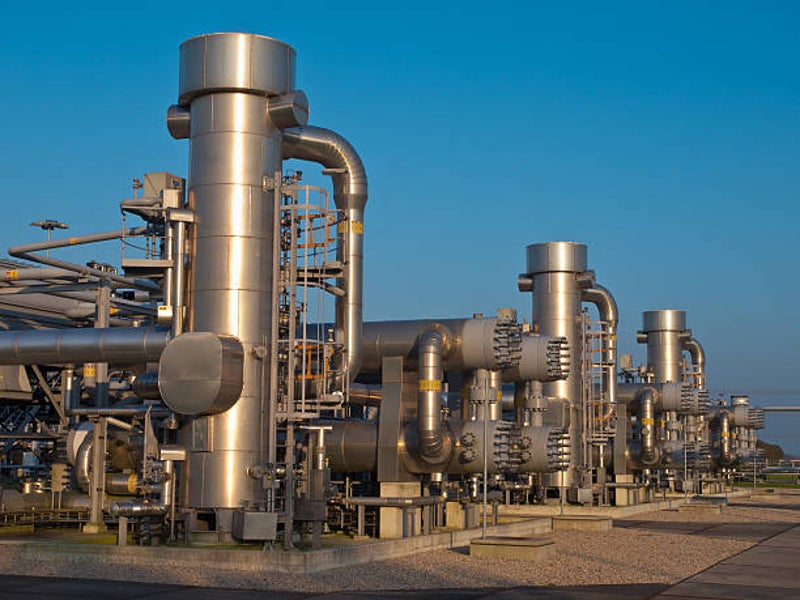
According to British government officials, hydrogen blending with natural gas will play only a “limited and temporary” role due to a diminishing UK gas network as the country decarbonises.
The statement was released last week as part of a consultation on hydrogen business models by the UK’s Department of Business, Enterprise and Industrial Strategy (BEIS).

Discover B2B Marketing That Performs
Combine business intelligence and editorial excellence to reach engaged professionals across 36 leading media platforms.
The BEIS consultation said that the government would support hydrogen blending on the condition that it “demonstrates economic and strategic value”, but warns that even that will be short-lived.
“By providing a route to market for hydrogen producers during the early development of the hydrogen economy, blending may help to bring forward investment and support its early growth,” the consultation reads.
According to the officials, hydrogen blending depends on the availability of an extensive natural gas network to blend into, which will diminish as we move closer to net zero.
“For this reason, it may only have a limited and temporary role in gas decarbonisation as we move away from the use of natural gas,” the report continues.

US Tariffs are shifting - will you react or anticipate?
Don’t let policy changes catch you off guard. Stay proactive with real-time data and expert analysis.
By GlobalDataEven in the short term, as stated in the UK Hydrogen Strategy, hydrogen is likely to be valuable. Hydrogen is a green alternative to methane, generally known as natural gas. It is the most abundant chemical element, accounting for 75% of the universe’s mass.
Northern Gas Networks completed the UK’s first public network trial in August, blending hydrogen with natural gas. Over 11 months, hydrogen was mixed with natural gas at rates up to 20% by volume on a closed network at Winlaton in Gateshead. This small-scale trial supplied 668 homes, a church, and a school.
According to the BEIS consultation, blending may provide transferable knowledge and infrastructure for a potential future 100% hydrogen transition and enhance public awareness or acceptance of hydrogen for heat.
Another hydrogen network trial will soon begin in Fife, UK, aiming to build a “first of its kind” 100% hydrogen network. The H100 Fife project will provide roughly 300 households with piped hydrogen through an opt-in process.
Project operators Scottish Gas Networks (SGN) plan to use electrolysis for hydrogen creation, also trialling the scalability of “green hydrogen”.
SGN hope the technology will help reduce the UK emissions from heating by more than one-third. Energy used for heating accounts for around 37% of UK carbon emissions.





